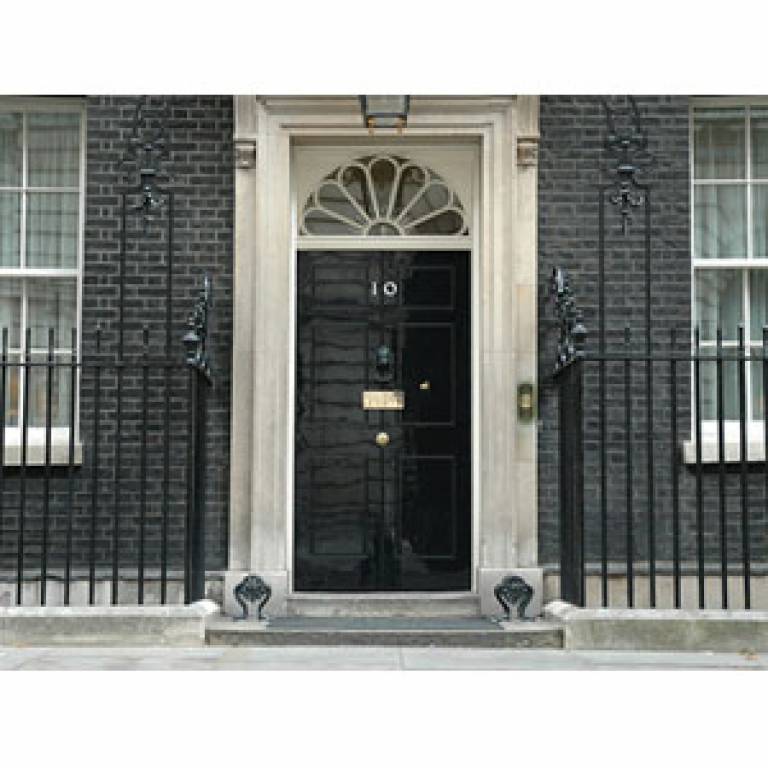How to make a coalition government work
12 May 2010
Links:
 ucl.ac.uk/drupal/site_news/sites/news/files/84.pdf" target="_self">'Coalition
Government in Britain: Lessons from Overseas' (pdf)
ucl.ac.uk/drupal/site_news/sites/news/files/84.pdf" target="_self">'Coalition
Government in Britain: Lessons from Overseas' (pdf)
"Although rare in the UK, coalition government is the norm in Europe," said the UCL Constitution Unit Director Professor Robert Hazell.
The Constitution Unit published the report 'Coalition Government in Britain: Lessons from Overseas' in 2002, which investigated how to make coalition government work and will shortly be updated.
"This need not be a step into the unknown," continued Professor Hazell. "In our report we looked at Denmark, Germany, Ireland and New Zealand, which all have useful experience of coalition government. Much of that now needs to be captured in the new Cabinet Manual, which will be all the more important as a guide to how the coalition arrangements work in day-to-day practice.
"One unusual feature in the new arrangements here is the number of ministerial seats offered to the Liberal Democrats. Normally these reflect closely the respective parties' numbers in Parliament. On that basis the Liberal Democrats would be entitled to 13 percent, which is three Cabinet posts and nine junior ministers. It looks as though they will get more than that, with five Cabinet posts already, and especially if they were to have one minister in each department."
Key points from the 2002 report are:
- the need for mutual trust and understanding between the coalition partners, especially the leaders
- formal procedures for information sharing, and for signing off policy proposals by both coalition partners
- additional resources for the Deputy Prime Minister, who will be central to joint signing-off arrangements
- the need to decentralise coalition coordination to departments, to avoid bottlenecks at the centre
- dispute resolution procedures, possibly through a formal coalition committee
- a pool of trusted special advisers to help resolve coalition management issues, at the centre and in departments.
Image: 10 Downing Street, The Prime Minister's Office Flickr photostream
UCL context
The Constitution Unit is an independent and non-partisan research centre based at UCL. It is part of the UCL School of Public Policy.The Unit has been
providing guides, forecasts and analysis on the General Election 2010
since April.
 Close
Close

